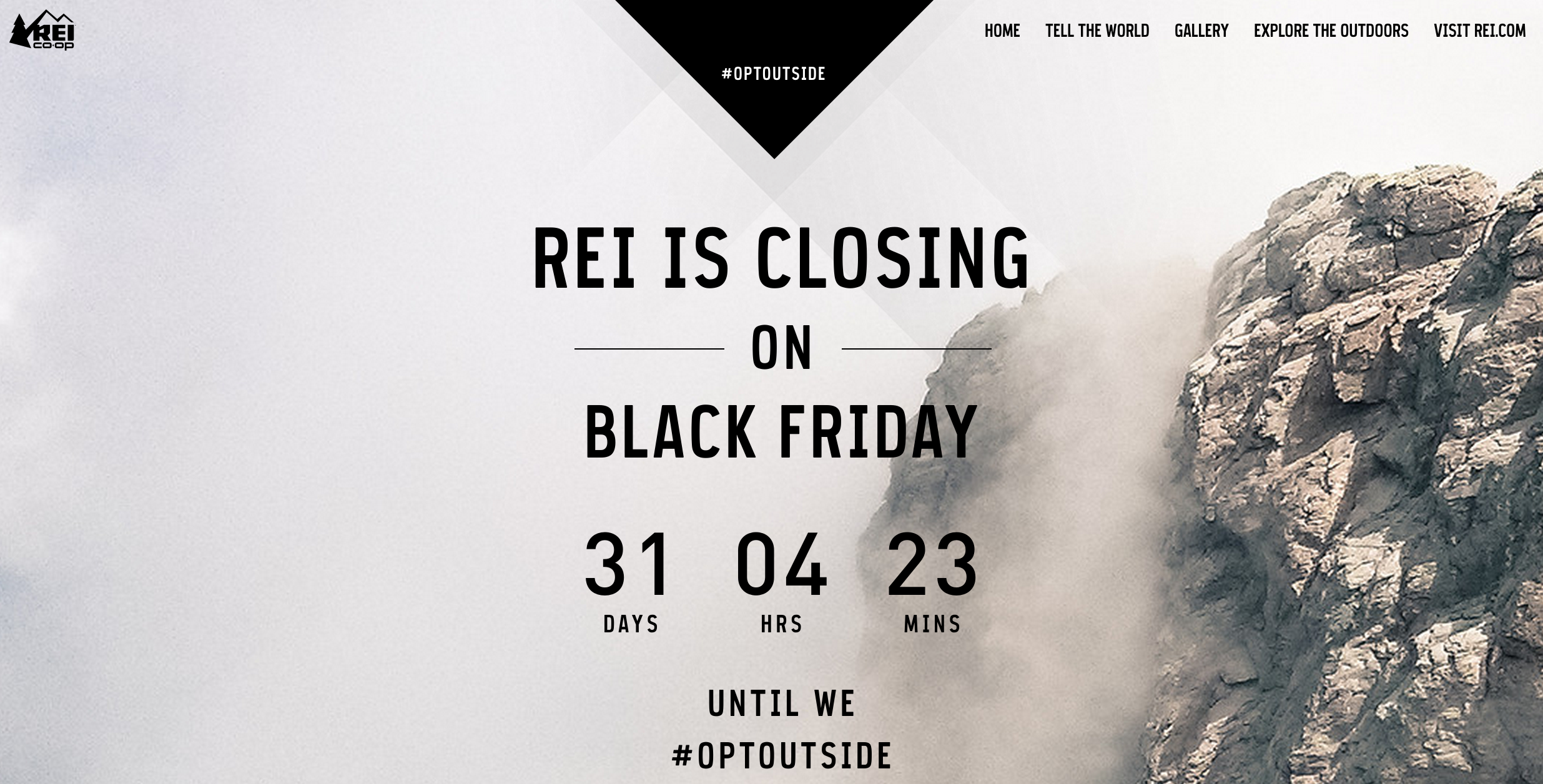Wow, weird is my reaction to YouTube Red, which is live starting today. The experience is so different from the regular service, I am stunned. Fast-loading is the first thing, so be careful what you click—or turn off autoplay. Videos on Facebook feel like a moped racing a Lamborghini compared to YT Red.
Using this 2012 MissFender video as example: Pressing the stopwatch on my Nexus 6P at the same time I click to enter the URL, 9 seconds passes before I can start watching the vid. The time includes the auto-loading ad, how long it plays before YouTube permits me to skip, and lag caused by my own responsiveness dismissing the advert.










